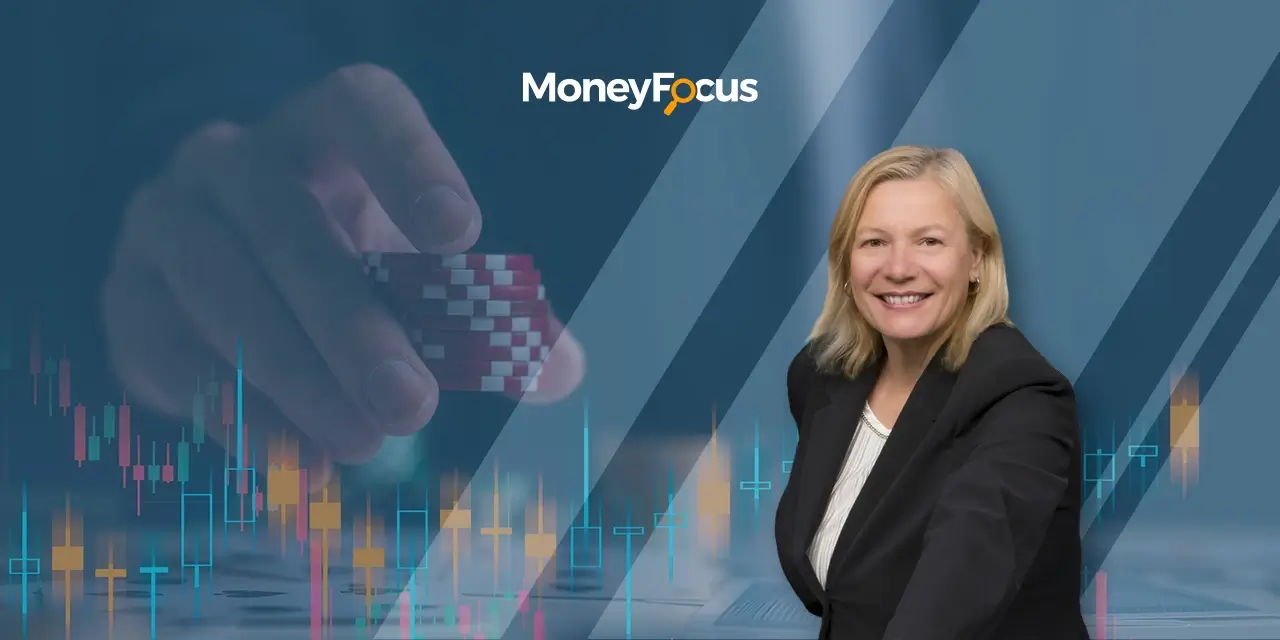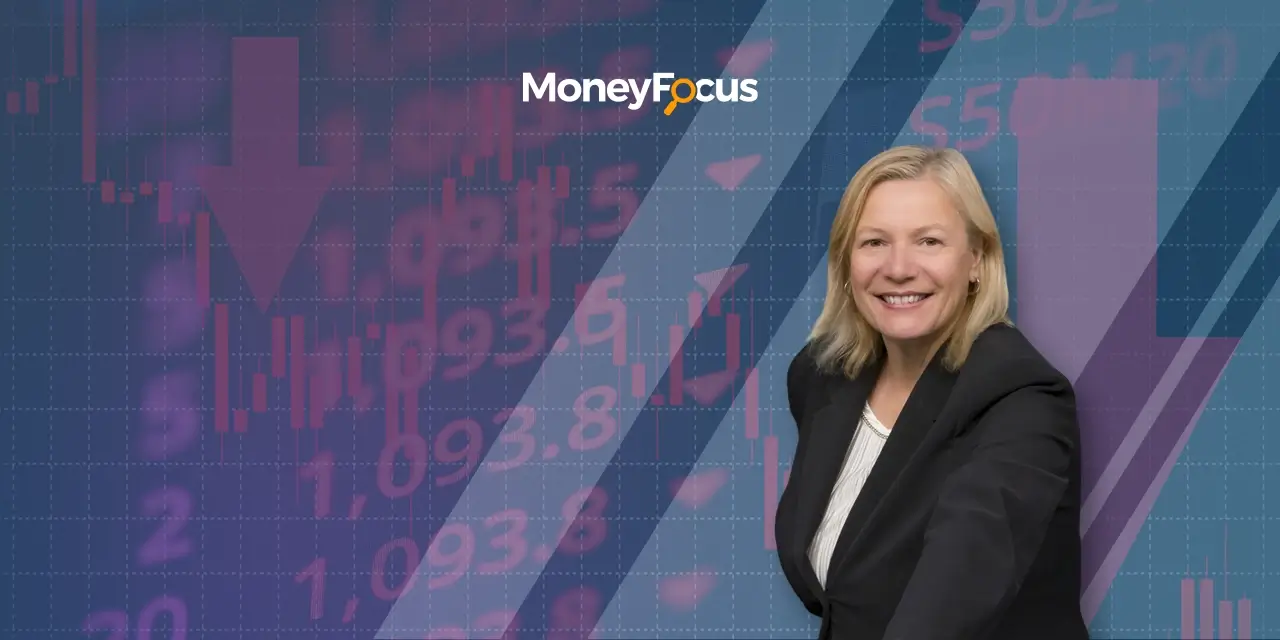Oakville, ON — April 10, 2019 – Harvest ETF’s (managed by Harvest Portfolios Group Inc.) announced today that it has been selected as a Finalist for The WP Magazine Readers’ Choice Award for Advertising Campaign of the Year in the 5th annual Wealth Professional Awards, the premier and prestigious awards event for the wealth management industry in Canada and top representation of outstanding service, performance, innovation and principle in the business.
Winners in all 25 categories will be selected by a panel of industry experts and announced on May 30, 2019 during a stellar black-tie awards gala at The Liberty Grand Toronto hosted by ET Canada’s Cheryl Hickey. “The finalists demonstrate the resilience and sheer management smarts it takes to build a thriving business in the wealth sector today. Success stories like theirs are the lifeblood of financial advisory and services in Canada,” said Jessica Duce, project director of the Wealth Professional Awards. “We are privileged to welcome them at the gala in May for a night of recognition and celebration.”
“The key, no matter what marketing project we are working on, is to tell the story of the brand. When Harvest launched the “Income happens here.” campaign, we wanted to make sure that at every turn, we had accurately represented the brand and earned the awareness, trust and consideration of those who may want to buy our investment products”, said Caroline Grimont, Harvest Vice President of Marketing.
The annual gala welcomes over 600 top wealth professionals and organizations. Those who wish to attend the event are urged to reserve seats as soon as possible.
Follow: @harvestetfs
About Harvest ETFs:
At Harvest, our guiding principles are premised on building wealth for our clients through ownership of strong businesses that have the potential to grow & generate steady income over the long term. Founded in 2009, Harvest offers a diversified portfolio of investment products designed to satisfy the long-term growth and income needs of investors. Harvest ETF’s are managed by Harvest Portfolios Group Inc.
For additional information: Please visit www.harvestportfolios.com, e-mail [email protected] or call toll free 1-866-998-8298.
About Wealth Professional Canada:
Wealth Professional Canada (WPC) is the leading business magazine for the wealth management and financial advisory sector for in-depth industry issues, market trends, business analysis and intelligence. WPC is complemented by daily news website www.wealthprofessional.ca featuring breaking news, an industry forum and exclusive multimedia content, as well as sister publication Life Health Professional (LHP). WPC and LHP are published by independent media company Key Media International.
Commissions, management fees and expenses all may be associated with investing in Harvest Exchange Traded Funds (managed by Harvest Portfolios Group Inc.). Harvest Exchange Traded Funds are not guaranteed, their values change frequently and past performance may not be repeated. The prospectus contains important detailed information about Harvest Exchange Traded Funds. Please read the relevant prospectus before investing.











